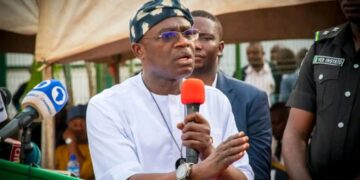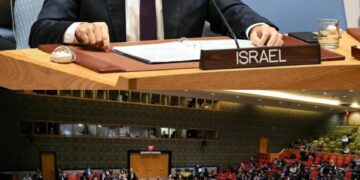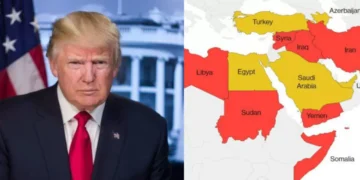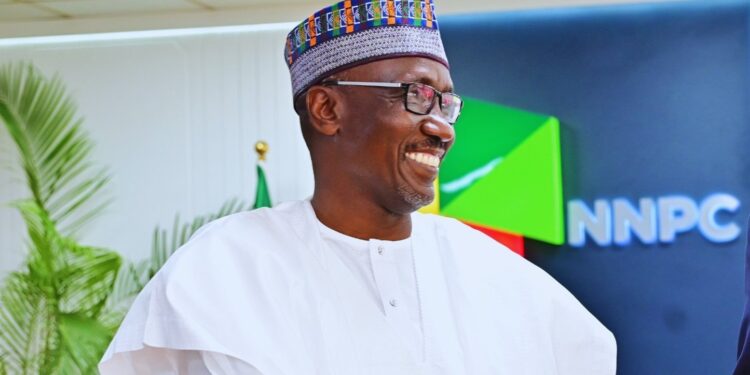The Nigerian National Petroleum Company Limited (NNPCL) is set to be probed.
The forensic audit will be the first in recent times.
The Minister of Finance and Coordinating Minister of the Economy, Wale Edun, revealed this at the ongoing Nigerian Investor Forum, held alongside the IMF/World Bank Spring Meetings in Washington DC.
The minister explained that the recent changes in the NNPCL management were part of a broader effort by the Federal Government to “clean up and examine” the company closely.
While addressing top global investors, including representatives of J.P. Morgan, he shared key reforms the government had introduced to revive the economy and restore investor confidence.
He told the investors that the government’s bold economic steps had laid a strong foundation to attract private investments.
Edun added, “Our goal is not just to maintain this momentum, but to accelerate it. We are targeting seven per cent annual growth, and we believe the policies we have implemented have laid the groundwork to achieve this.”
He claimed that President Bola Tinubu’s administration had rolled out major reforms that were already making a positive difference.
He added that the Nigerian economy grew by 3.84% in the fourth quarter of 2024 and recorded a 3.4% growth for the year.
Edun stressed the importance of the reforms, describing them as “unprecedented.”
He said, “We said we would do it, and now we have done it. This time, we are staying the course.”
He pointed out signs of progress such as lower budget deficits, a better trade balance, and a more stable exchange rate.
The Minister also said that the focus was now on growing key sectors, especially agriculture.
According to Edun, “agriculture is at the top of the government’s agenda, with the aim of improving food supply and increasing productivity.
“We aim to close the food supply gap, not by importing more, but by enabling domestic producers to scale and innovate.”
On infrastructure, Edun revealed that the government had rolled out 90,000km of fibre optic cable to improve internet access.
He said the move was crucial for supporting young Nigerians and tech startups.
He also noted that 4,000km of roads had been offered for private sector participation, with the first 1,000km already approved for construction.










































